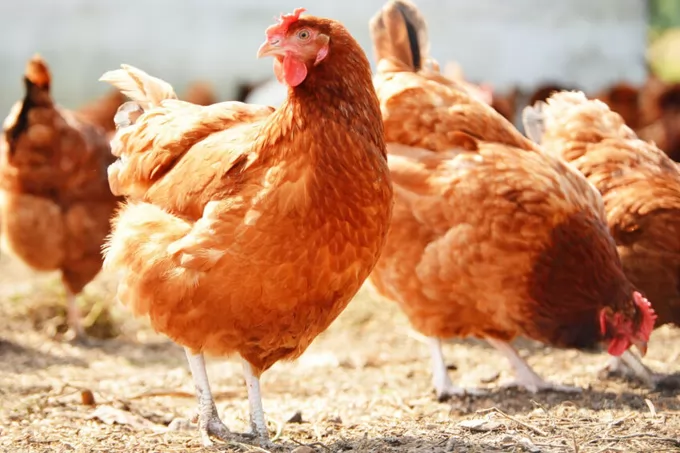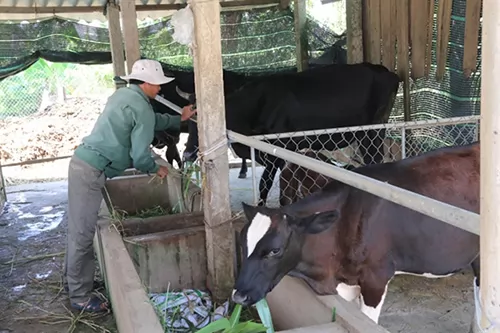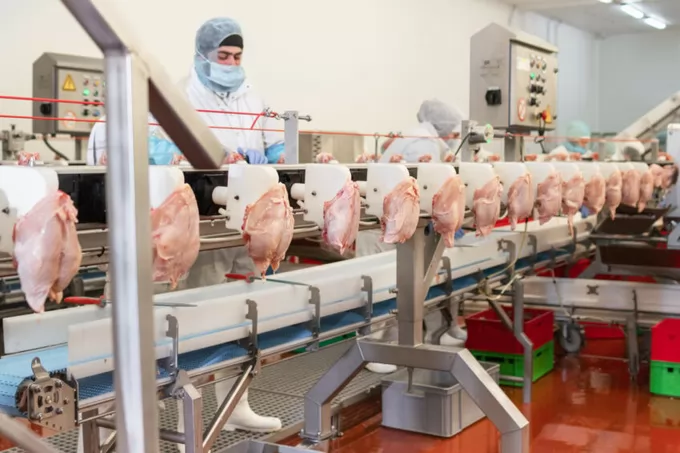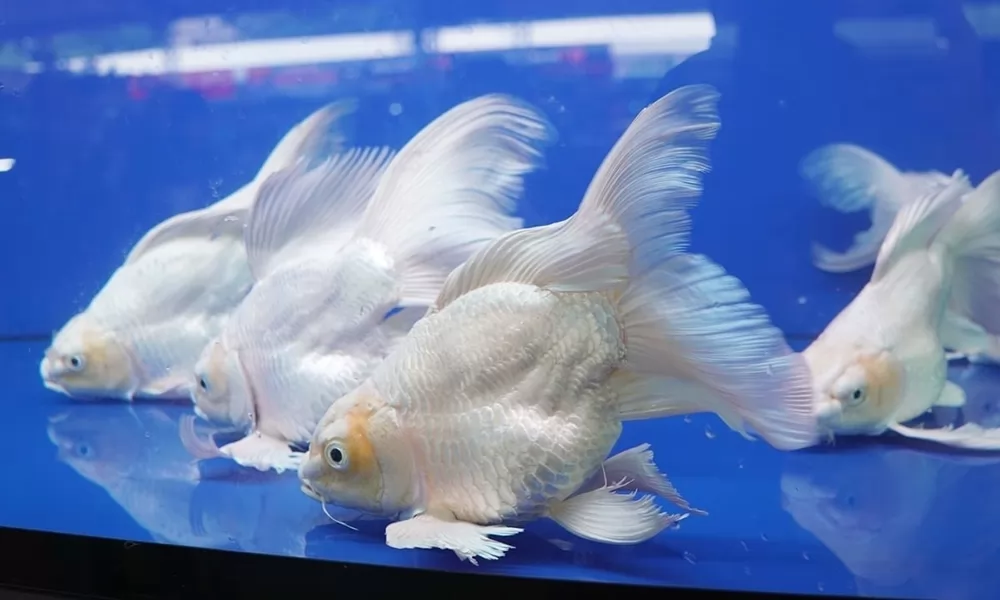Tackling challenges in poultry health, welfare, and sustainability

Flox CEO Imtiaz Shams highlighted how intelligent technologies were making a real difference to poultry farmers to increase their productivity while promoting poultry welfare and sustainability. Photo: Canva.
(VAN) Researchers at the University of Chester are working to improve bird welfare, production and sustainability in the industry with innovative solutions through 2 partnership projects involving substantial UK government funding.
Experts from the Centre for Research into Environmental Science and Technology (CREST) at the University of Chester are part of the FeedFlow initiative, led by insect farming innovator Flybox, which has been granted more than £3 million by Innovate UK from the Department for Environment, Food and Rural Affairs’ Farming Innovation Programme.
“Working alongside a phenomenal cohort of industry leaders and academic institutions, Flybox is confident that this project, which leverages advanced Artificial Intelligence and Black Soldier Fly (BSF) larvae, will deliver exceptional results to tackle challenges in health, welfare, and sustainability,” said Larry Kotch, CEO and co-founder of Flybox.
Welfare, productivity and sustainability
Partners also include UK poultry-tech start-up Flox, Nottingham Trent University, Courteenhall Farms, Menchine Farm, and Clarke Group Construction. The initiative integrates AI-powered monitoring, using Life Cycle Analysis and BSF larvae feed to enhance poultry welfare, optimise production efficiency, and promote more sustainable approaches in the poultry industry.
The FeedFlow project uses an AI-based platform designed to unify data streams from farms and processing factories by delivering real-time data on flock welfare and early warnings of potential issues. Alongside this, fortified BSF larvae delivers a nutrient boost that tackles health challenges, and the LCA, led by Jess Callaghan and Professor Julieanna Powell-Turner from the University of Chester, is assessing the global warming potential to prevent a race to the bottom in emissions.
Bridge poultry farming data with factory insights
CREST at the University of Chester has also been awarded a £1.5 million grant from the government’s Transforming Food Production Challenge fund, through Innovate UK, for the NetFLOX360 partnership project. The university is part of the NetFLOX360 consortium which, in line with the FeedFlow project, aims to ‘bridge poultry farming data with factory insights using AI for sustainable growth’. Led by FLOX, and the UK’s largest poultry producer, 2SFG (2 Sisters Food Group), NetFLOX360 will further develop the innovative, FLOX AI-based platform for large-scale poultry entities.
With the poultry supply chain currently hampered by a lack of real data across the entire value chain, Dr Kennedy Mutua at CREST said NetFLOX360 sought to fill this gap. It will enable the integration of algorithms into a cloud-based platform while engaging with poultry producers and processors, researchers, and policymakers, to provide a tool that offers easy access and informed decision-making based on real data.
Intelligent technologies
Imtiaz Shams, the CEO of Flox, highlighted how intelligent technologies were making a real difference to poultry farmers to increase their productivity while promoting poultry welfare and sustainability. He outlined how through the FLOX Machine Vision, real-time insights with producers and processors can be shared along the value chain through dashboards.
Prof Julieanna Powell-Turner, associate dean of Research and Innovation at the University of Chester, explained more about the importance of the projects. She said that despite advancements in production efficiency, the poultry industry faced persistent issues, including poor leg health, high mortality rates, and variable feed efficiency, while poultry production contributed notably to ammonia emissions in the UK. She outlined how it was recognised that UK production systems must evolve and the 2 projects and their forward-thinking approaches aimed to set new standards for welfare and efficiency in the industry.
Quantifying the benefit
Professor Emily Burton, director of the Safety and Sustainability Research Theme at Nottingham Trent University, added: “As the environmental cost of food production becomes of increasing concern to consumers, quantifying the impact of interventions via LCA analysis is becoming an essential tool in driving forward change: interventions usually cost money, so quantifying the benefit helps in decision-making.”
HD
(PW)
Maybe you are interested

Mekong Delta develops beef, dairy farming
HCM CITY — Many provinces in the Cửu Long (Mekong) Delta have developed dairy and beef farming since it provides farmers with an additional income and benefits from local agricultural by-products.

US poultry sector prepares for mass deportations
The US poultry processing industry has long relied on illegal workers, but huge adjustments are going to have to be made after President-elect Donald Trump takes power on 20 January 2025.

HCMC aims for an ornamental fish center combined with tourism
HCMC is promoting the construction of an ornamental fish market combined with tourism experiences, creating a new highlight for urban tourism while elevating the value of aquatic products.





